
We have developed projects in all Latin American countries.
Our projects are executed according to the local idiosyncrasy and specific requirements of each of our clients.
For our cross-cutting activities, a training process is implemented so that, over time, monitoring, review, and verification of indicators is carried out by the employer’s staff; communications measures and dissemination of results and progress, based on the client's objectives. The most important projects in each institutional business area are presented below.
Resilient Cities
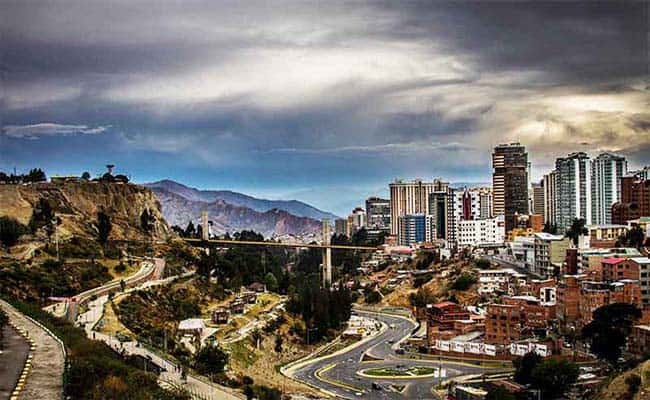
Cities’ Footprint
huelladeciudades.comThe main objective of the "Footprint of Cities" Project is to support local governments and decision makers in the development and implementation of municipal strategies for mitigation and adaptation to climate change, through the measurement and reduction of the Carbon Footprint and Water Footprint of their cities (as territories) and their own institutions, allowing the identification, prioritization and development of actions that contribute to the adaptation to climate change and contribute to its mitigation.
This project arose from the high vulnerability of cities with regards to the effects of climate change and the demand for short-term actions so that they can adapt to such impacts and increase their resilience. In addition to this, it helps these cities guide their growth within the framework of sustainability and low-carbon urban development.
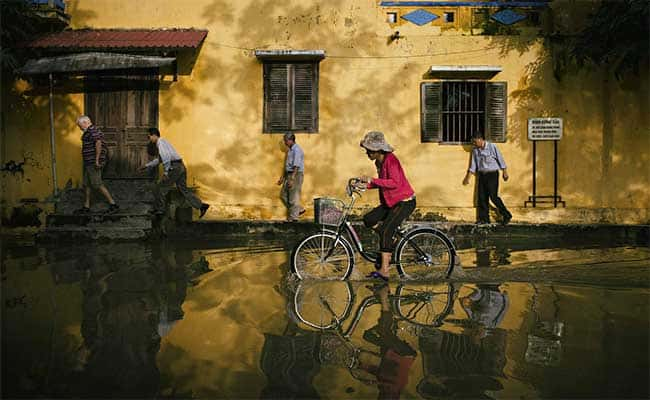
Preparation actions for the "El Niño" phenomenon
The development and implementation of climate action technologies, projects, strategies and models is central to achieving a future that is resilient to climate change.
SASA, through access to sustainable investment services, promotes an economy in line with sustainable development objectives to improve environmental, social and governance management in the public and private sectors throughout the LAC region.
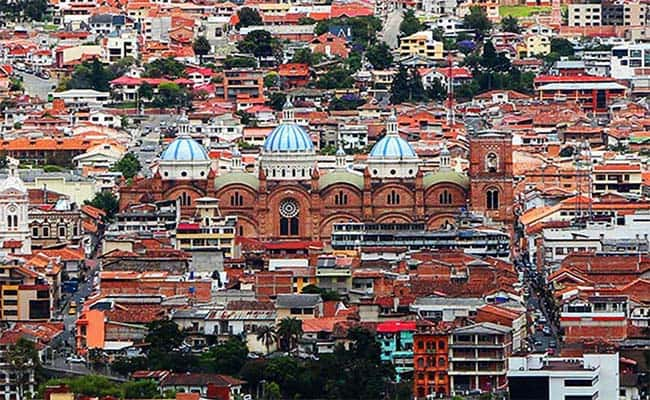
Deployment of the GPC in C40 cities
In 2016, Servicios Ambientales S.A. was granted an international bid launched by the Cities Climate Leadership Group (C40 - a global network of megacities committed to finding solutions to climate change) to deploy the Global Protocol for Community-scale Greenhouse Gas Emissions Inventories (GPC) in seven Latin American cities: Lima, Quito, Caracas, Santiago, Salvador de Bahia, São Paulo and Curitiba.
The objective of this Technical Assistance Program is to support cities to develop/update their carbon inventories based on the GPC methodology, so that they can meet the requirements of the Compact of Mayors on mitigation issues, with a strong focus on local capacity building in authorities and key stakeholders of the cities, in order to ensure the sustainability of the process of measuring and monitoring emissions.
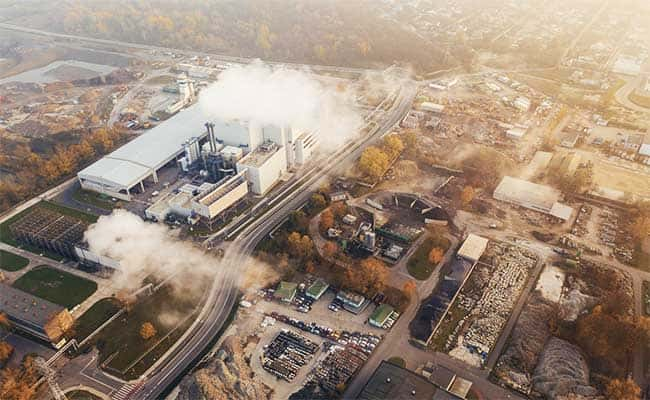
GHG emissions in intermediate cities
The Project for measuring Greenhouse Gas (GHG) emissions generated in the solid waste and wastewater sectors in 19 intermediate cities across 4 regions/departments of Bolivia: La Paz, Chichas (Potosí), Chaco (Tarija), and Valle Alto (Cochabamba)
Consists of:
- Estimation of GHG emissions from the solid waste and wastewater sectors for a base year, in the 19 intermediate cities across 4 regions of Bolivia.
- Establishing a plausible range for the definition of GHG emission reduction goals for the relevant sectors, populated areas, and municipal governments, through scenario modeling.
- Training project staff, local governments, and other institutions to be defined, in the measurement and monitoring of GHG emissions generated in the solid waste and wastewater sectors.

Comprehensive sustainable and collaborative water management in Cuenca
cuencasostenible.comThe main objective of the project is to contribute to a comprehensive, sustainable, and collaborative water management in Cuenca, to ensure its availability in quantity and quality in the long term, through the conservation of water sources, demand management, and prevention of pollution.
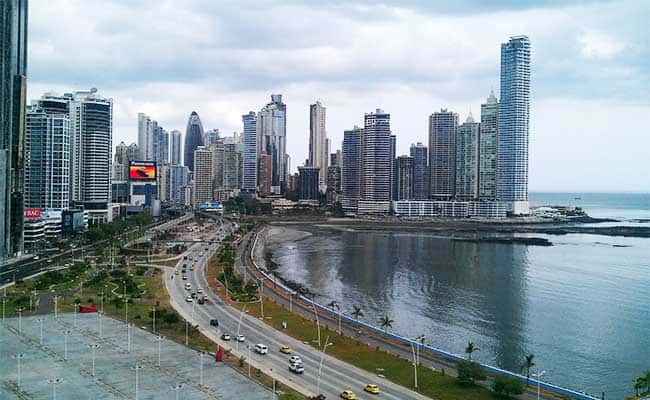
Reduce Your Footprint (RTH) - a Corporate Program from the Ministry of Environment of Panama
See the pageThe program is aimed at involving the private sector in the fulfillment of goals within the framework of the Paris Agreement, through the quantification and management of its institutional footprint.
Tools and other instruments (diagnostic study, calculation tools, manuals and video tutorials, technical standards document, pilot testing with three companies, and training for the internal technical team) were used to facilitate this process, and make it possible to obtain statistical data and establish timely strategic measures through an information consolidation panel.
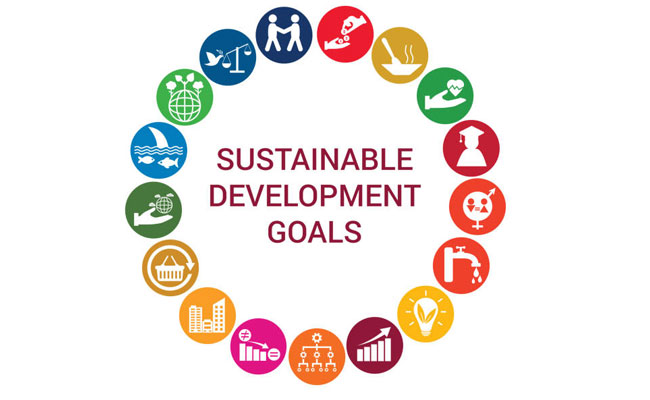
ICAT Sustainable Development Guide - Initiative for climate action transparency
See the pageSASA participated in the pilot initiative aimed at applying the Transformational Change Guide and the Sustainable Development Guide of the ICAT - Initiative for Climate Action Transparency - in coordination with the Vice Ministry of Urban Planning and Housing, the agency in charge of preparing the first Cities Policy in Bolivia.
Tools and other instruments (diagnostic study, calculation tools, manuals and video tutorials, technical standards document, pilot testing with three companies, and training for the internal technical team) were used to facilitate this process and make it possible to obtain statistical data and establish timely strategic measures through an information consolidation panel.

"Energy Efficiency for the Transition to Carbon Neutral Cities in Colombia"s
Within the framework of our strategic alliance with GITEC, we lead the CAF-GEF project on "Energy Efficiency for the Transition to Carbon Neutral Cities in Colombia" focused on the construction sector. In this ambitious effort, SASA played a crucial role in updating and preparing the documentation required by the GEF for project approval.
Together with the Ministry of the Environment and other Colombian government institutions, SASA and GITEC contributed to the process of structuring the activities and results of the GEF project, including relevant topics such as criteria for sustainable construction, circular economy, embedded carbon, passive construction practices. and nature-based solutions. In addition, we provide comprehensive support in the aspects of communication and socialization, thus strengthening commitment and awareness about the transition towards carbon-neutral cities.

Preparation of the Climate Action Plans for the cities of La Paz and Santa Cruz de la Sierra in Bolivia
In collaboration with Ricardo, the British company, and with World Bank financing, SASA carries out the preparation of the Climate Action Plans for the cities of La Paz and Santa Cruz de la Sierra in Bolivia. The process began by carrying out an initial diagnosis, conducting interviews with the staff of the Autonomous Municipal Government of Santa Cruz (GAMSC), the Autonomous Municipal Government of La Paz (GAMLP) and technical evaluations of climate change experts from both companies.
Subsequently, joint work was carried out with assigned technical teams from both municipalities to prepare the Greenhouse Gas inventory of the cities and the Vulnerability Analysis. Based on the results obtained, knowing the sectors that have the highest emissions and opportunities for improvement, the final Climate Action Plans of the cities are drawn up.
Sustainable finance
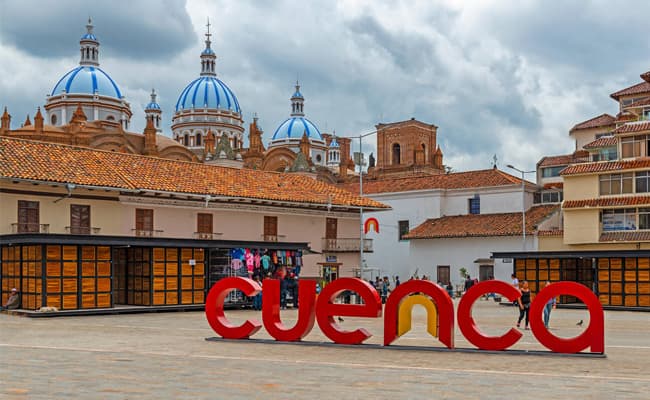
Financing strategy – Comprehensive sustainable and collaborative water management project in Cuenca
See the pageAs part of the Comprehensive Water Management Project in Cuenca, a sustainable financing strategy was proposed to implement the identified portfolio of projects, looking at the construction of public-private partnerships, innovative financing schemes (e.g., green bonds), and water funds, among others.
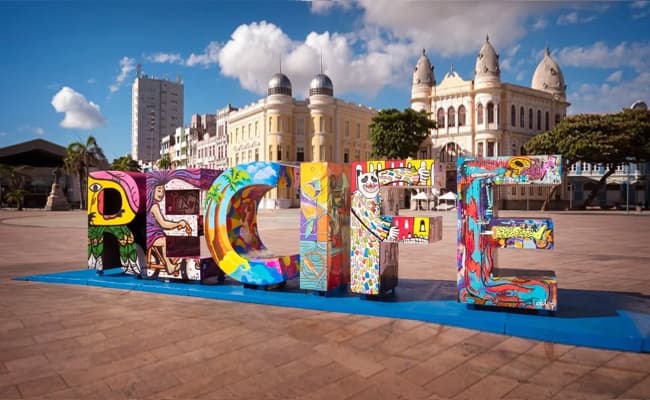
Cities' readiness index for access to climate, sustainable and green financing
Within the framework of the Cities Footprint Project, an analysis of the readiness level of the city of Recife in relation to climate change was carried out. This analysis is called the City Climate Change Readiness Index and corresponds to a methodology developed by SASA, which assesses the readiness of cities to implement mitigation and adaptation measures and access climate finance.
This evaluation takes into account 50 indicators previously established by the SASA team, distributed in 4 components:
(I) Political;
(II) Institutional and regulatory;
(III) Financial and economic;
(IV) Technological and infrastructure.
It was implemented for the Municipal Prefecture of Recife in Brazil in 2016 as part of the implementation of the Cities Footprint Project.

ESMS and socio-environmental management systems in financial institutions
SASA's professional team includes experts in the application of gender and climate safeguards and socio-environmental performance standards with more than 10 years of professional experience in projects in various sectors (water, energy, transportation, agriculture, and forestry, among others) in Latin America.
SASA executives, in support of internationally recognized organizations and consulting firms, have developed gap analyses and action plans to close ESMS gaps for accreditation to the Green Climate Fund in Ecuador, Belize, and Jamaica. They also led the evaluation and design of SARAS aligned with IFC and IDB standards in banking in Colombia and designed environmental/climate management and eco-efficiency management systems for several financial institutions in Bolivia.

Environmental Assessment and Advisory Services for NESsT's Sustainability Journey
Embarking on a transformative consultancy, NESsT prioritized fortifying its environmental frameworks. We meticulously assessed existing policies, aligning them with global standards like GRI, CDP, TCFD, and more.
Crafting Key Performance Indicators (KPIs) that are both impactful and easy to measure, we tailored our approach to NESsT's diverse portfolio, considering project size, sector, and region. Our collaborative work with the NESsT team ensured seamless knowledge transfer, empowering them to independently monitor and enhance environmental practices across all projects. NESsT is now poised to navigate environmental challenges with a commitment to sustainability, reflecting our dedication to providing top-tier Environmental Assessment and Advisory Services.
Forests and Climate Change
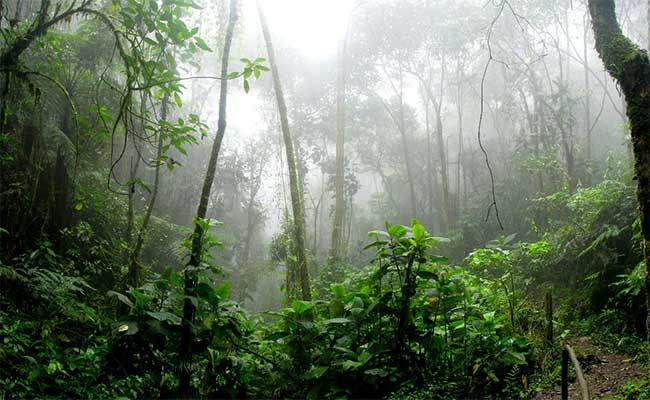
Implementation of the REDD+ Scheme in the Latin American region
SASA has developed extensive experience by participating in all stages of the preparation process of Latin American countries for the implementation of the UNFCCC REDD+ scheme.
SASA supported the technical team of the Paraguayan and Bolivian governments in developing an RPP (Readiness Preparation Proposal) to access funding from the World Bank's Forest Carbon Partnership Facility (FCPF). It also participated as part of the FCPF’s TAP (Technical Advisory Panel), reviewing and providing recommendations to the RPPs of several countries in the region, on the participation of the indigenous sector and elements of the REDD+ strategy such as institutional arrangements. Support was also provided to countries in the region that had funding and began the process of preparing and developing their REDD+ Strategies, which lasted about 10 years, carrying out mid-term and end-of-term evaluations of projects financed by the FCPF and UNREDD. In addition, support was provided in the preparation of National GHG Inventories, Baselines and in the preparation of technical information for the NDCs. In this context, support was provided to the government of Paraguay in evaluating the REDD+ process and in the development of the Readiness Preparation Proposal (RPP). Areas of work included the development of a country strategy that is compatible with REDD+ and the financial environment.

Footprint Management Scheme for the Private Sector
Within the framework of the Piensa Verde Environmental Platform, Conservation Strategy Fund (CSF) and Servicios Ambientales SA (SASA), are developing the "Footprint Management Scheme" in its pilot phase, which includes the quantification of the Carbon Footprint and/or Water Footprint, in addition to the application of reduction and compensation actions.
By being part of the scheme, there is a commitment on the part of the companies to implement reduction actions identified from the diagnosis of their measurements. As well as this, they must establish their reduction goals in the short and medium term and express their commitment to offset their emissions by financially supporting conservation and deforestation reduction projects in Bolivia’s forests.

Design of the Cuenca Compensation Scheme
cuencasostenible.comThe project "Comprehensive, sustainable and collaborative water management in Cuenca, through the conservation of water sources, demand management and pollution prevention", was carried out with the participation of the Development Bank of Latin America - CAF as the financier of the Project, the Autonomous Decentralized Municipal Government of Cuenca (GAD de Cuenca) and the Municipal Public Company of Telecommunications, Drinking Water, Sanitation and Environmental Management of Cuenca (ETAPA for the Spanish acronym) as beneficiaries and counterpart, and Servicios Ambientales S.A. (SASA) as executor, in its capacity as a specialized consulting company.
The objective of the project was to contribute to a comprehensive, sustainable, and collaborative water management in Cuenca, to ensure its availability in quantity and quality in the long term, through the conservation of water sources, demand management, and pollution prevention.
SASA fully developed the four specific objectives determined for the project:
• SO1. Consolidate a diagnosis on water management in Cuenca (in urban and rural areas) that includes supporting data and information for the identification of gaps, weaknesses, and potential to achieve water security in the Canton in the short, medium, and long term, considering climate change scenarios and the identification of stakeholders involved and their competencies.
• SO2. Develop a portfolio of projects aimed at the conservation of water sources, demand management, and water resource contamination prevention, prioritized and validated through a participatory process with the key stakeholders.
• SO3. Propose a sustainable financing strategy to implement the project portfolio, considering the construction of public-private partnerships, innovative financing schemes (e.g. green bonds), and water funds, among others.
• SO4. Prioritize pilot projects to facilitate their implementation.
Business Sustainability
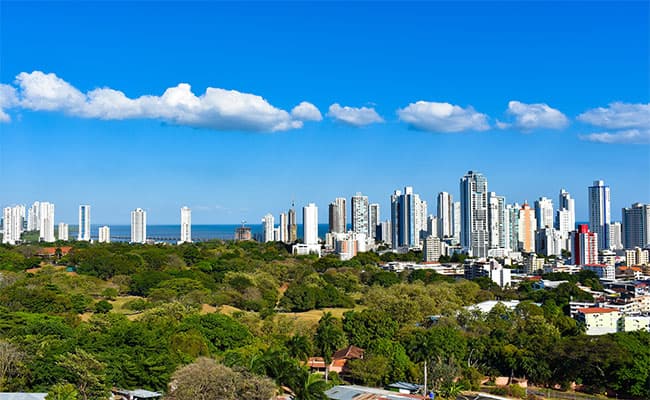
Reduce Your Footprint (RTH) - a Corporate Program from the Ministry of Environment of Panamá
See the pageThe program is aimed at involving the private sector in the fulfillment of goals within the framework of the Paris Agreement, through the quantification and management of its institutional footprint.
Tools and other instruments (diagnostic study, calculation tools, manuals and video tutorials, technical standards document, pilot testing with three companies, and training for the internal technical team) were used to facilitate this process, and make it possible to obtain statistical data and establish timely strategic measures through an information consolidation panel.

Carbon Footprint Management in Banking Institutions
SASA has worked hand in hand with various institutions in the banking sector, supporting them in the quantification of climate indicators such as the Carbon Footprint, as well as in the design, development and/or improvement of environmental and climate change policies, management tools such as GRI (Global Reporting Initiative) reports and action plans for mitigation and offsetting of Footprints.
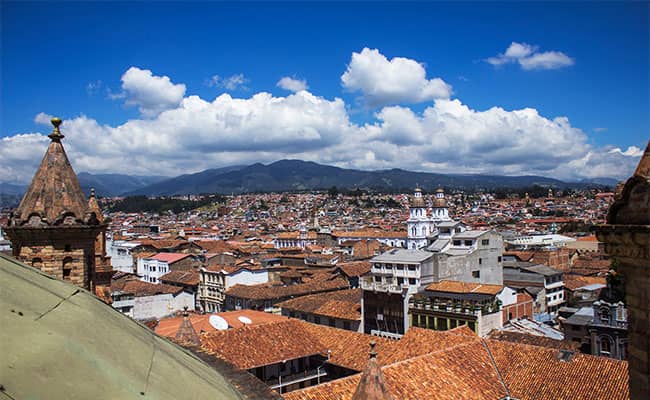
Carbon and Water Footprint Management Scheme in Cuenca
See the pageThis scheme promotes voluntary public-private interaction and participation, under the principle of co-responsibility. The objective is to achieve the reduction of greenhouse gas emissions and sustainable water management.
To facilitate the participation of private sector companies, an online platform for measuring and reporting the Water Footprint and Carbon Footprint was developed, which has the advantage of providing results quickly, efficiently and transparently. A key element of the process was the training of staff from the companies that took part in the project, as well as staff from the Chamber of Commerce and the Autonomous Decentralized Municipal Government of Cuenca.

Corn Carbon Footprint Project
In 2015, SASA started the implementation of a project to measure the Carbon Footprint of the corn production chain in Argentina, through MAIZAR (Association of Argentine Corn and Sorghum Producer), which is one of the largest corn production companies in that country.
The project consists of the development of a flexible tool for calculating the Carbon Footprint of two types of corn (flint corn and generic corn) and two derivatives (bioethanol and starch), including the possibility of including primary emission factors established in the studies compiled by MAIZAR. The main objective of the project is to encourage the companies and organizations that make up MAIZAR to measure the Carbon Footprint of their products and services. The project also seeks to develop an action plan to identify opportunities for Carbon Footprint reduction.
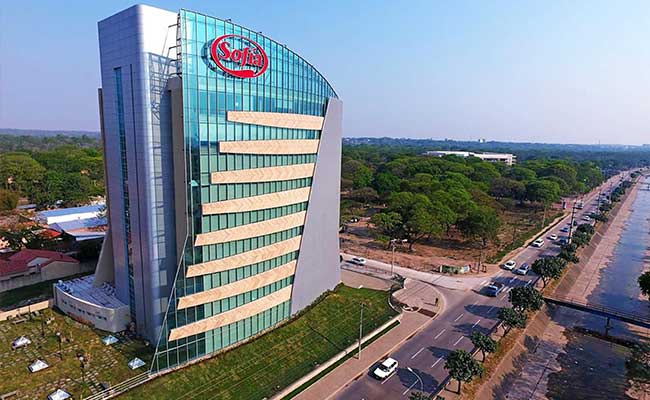
Industrias Sofia Carbon Footprint and Water Footprint Management
SASA supported Industrias Sofia in the comprehensive management of Carbon Footprint and Water Footprint indicators for their production and administrative facilities in the city of Santa Cruz.
In 2022, SASA collaborated with Industrias Sofia in the measurement and comprehensive management of the Carbon Footprint and Water Footprint indicators for their production and administrative facilities in the city of Santa Cruz. Within the framework of this project, the quantification of both indicators was carried out in a joint and collaborative manner with designated staff within Industrias Sofia; thus working in a joint and coordinated manner. Once the indicators were measured and quantified, the results were presented, as well as the proposal of action plans for measures to reduce these indicators, so that Industrias Sofia's processes and actions can be optimized. Likewise, the institution's staff were trained so that in the future they can quantify the Carbon Footprint and Water Footprint indicators again and thus have a comparative record for years, which will allow them to improve their production increasingly, taking care of their emissions and water resources.
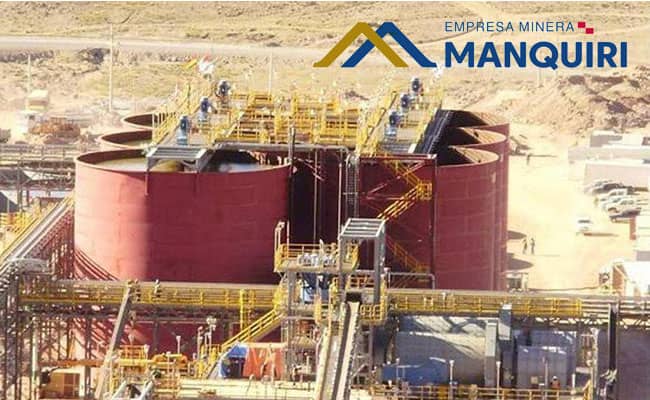
Manquiri Carbon Footprint and Water Footprint Management
SASA recently worked on the management of Manquiri Mining Company's footprint for its 2021 management. The project aimed to strengthen the environmental management of Manquiri Mining Company, from a climate change approach based on the indicators of Carbon Footprint and Water Footprint.
Both footprints of the company's facilities were quantified, in order to subsequently identify and evaluate actions to reduce and offset the Carbon Footprint and Water Footprint according to the results obtained. Similarly, staff were trained to measure and monitor the footprints, in addition to providing a specific online tool for Manquiri Mining, so that company staff can enter data and calculate the footprints for future management.
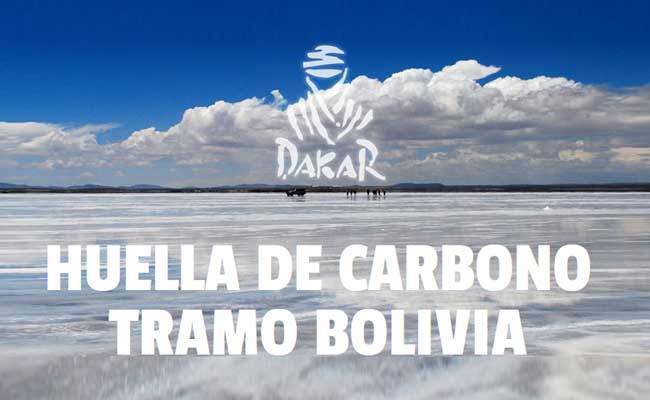
Footprint Carbon Dakar Bolivia
See the pageIn 2014, 2015 and 2016 the Dakar international event was held in Bolivia. Committed to the care of the environment, the indirect Carbon Footprint of the race during these years was estimated.
With the support of Banco FIE S.A., Banco Sol, Laboratorio Bagó, Andean Valley, Banco de Desarrollo Porductivo and Banco Los Andes ProCredit, as part of their Corporate Social Responsibility (CSR) policies, 8% of the total Dakar Footprint was offset in 2014, 2015 and 2016. In 2014, 2015 and 2016, the project to install solar stoves in the communities of Totora K, Colchani, Sivingani, Alpacani and Quisavinto in the southwest of the country, and the installation of two solar panels at the CNS hospital in Uyuni, in addition to contributing to offsetting the DAKAR Carbon Footprint, have enabled access to clean energy for local populations.
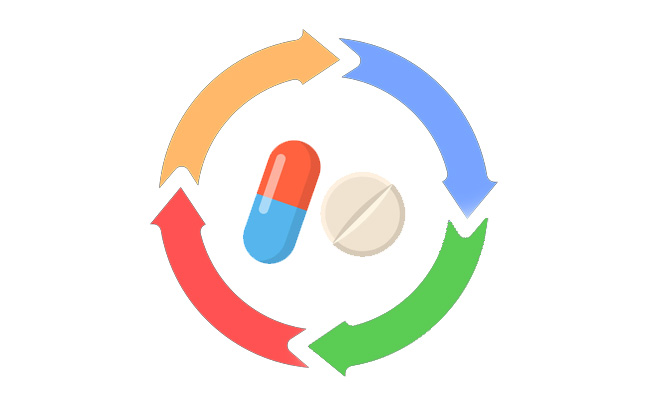
Carbon footprint analysis of Bagó products
SASA carried out an exhaustive carbon footprint analysis from a life cycle perspective of two of Bagó 's flagship products : Talflex and Refrianex . This analysis ranged from the procurement of raw materials, the production process, storage and even distribution, providing us with an understanding of the climate impact of these Bolivian products.
This analysis allows us to make informed decisions and work on initiatives that reduce the footprint and promote more sustainable practices in the production of these products.

Promoting Sustainable Finance: Measuring the Carbon Footprint at Banco Sol
SASA took on the challenge of quantifying Banco Sol's carbon footprint, reaffirming our commitment to environmental responsibility. Through a meticulous measurement process, we analyze and evaluate the carbon emissions generated by the bank's activities.
This initiative not only reflects our dedication to sustainability, but also provides a solid foundation for implementing strategies that minimize the bank's environmental impact. We are proud to lead the way towards more sustainable finances.
Innovation and Technology
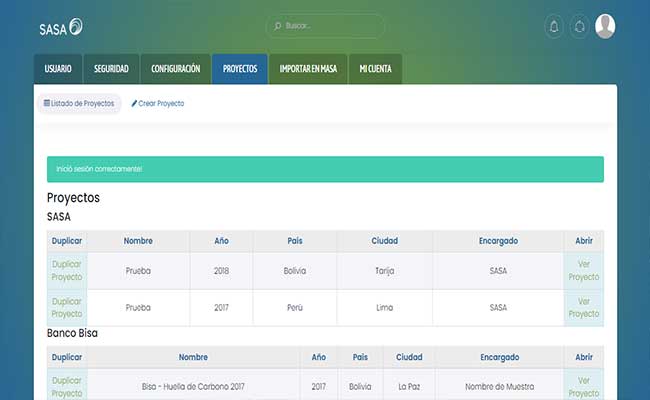
Footprint calculation tool for cities and companies - SASATOOL
SASATOOL has a structure that allows the tool to be configured according to local contexts (emission factors, conversion factors, variables, etc.). The results obtained can be analyzed comparatively with the evaluations of past management and between different cities and participants.
Some of its main functions are:
• Inventory or baseline module
• Climate planning and monitoring module to support decision-making
• Cloud data storage
• Multiple users
• Allows you to configure user permissions for diverse types of users
• Friendly and dynamic interface
• Graphs and pivot tables
• Generation of per capita footprint indicators, cost efficiency indicators of footprint reduction measures, etc.
• Creation of reports
• Allows uploading supporting documentation and verification of information

Educational video game Triple "R"
The idea for this game was inspired by the documentary series called "Planeta Bolivia" produced in 2016. The documentaries show the problems faced by Bolivia in terms of climate change and environment in five titles: Planet Bolivia, Climate Change, Soil, Water, and Cities.
The most important reason for proper waste management is the protection of the environment and the health and safety of the population. Certain types of waste can be hazardous and can pollute the environment. Poor waste management practices can also lead to soil and air pollution, which can result in serious medical conditions in humans and animals. Implementing good waste management practices helps protect the environment. This game helps children learn these important concepts.
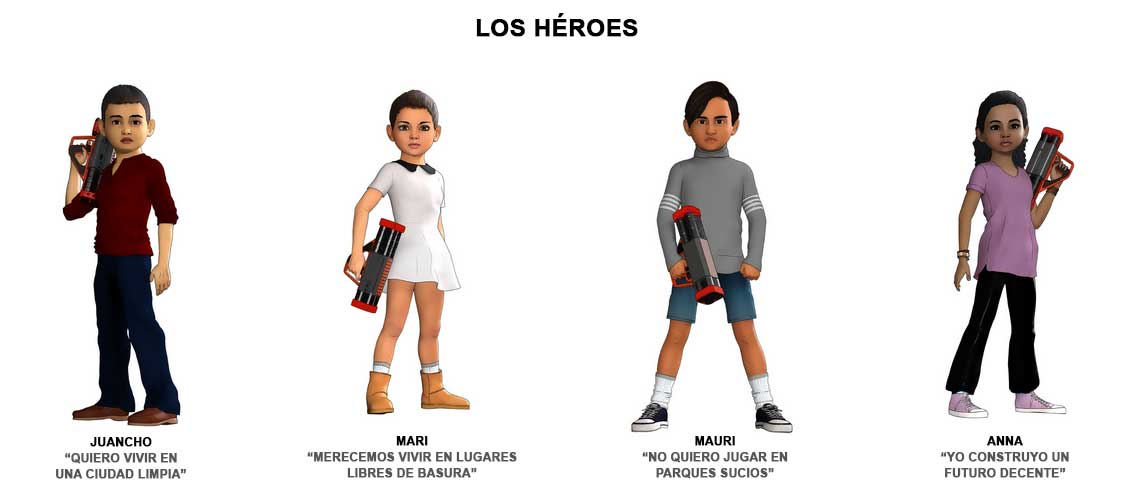
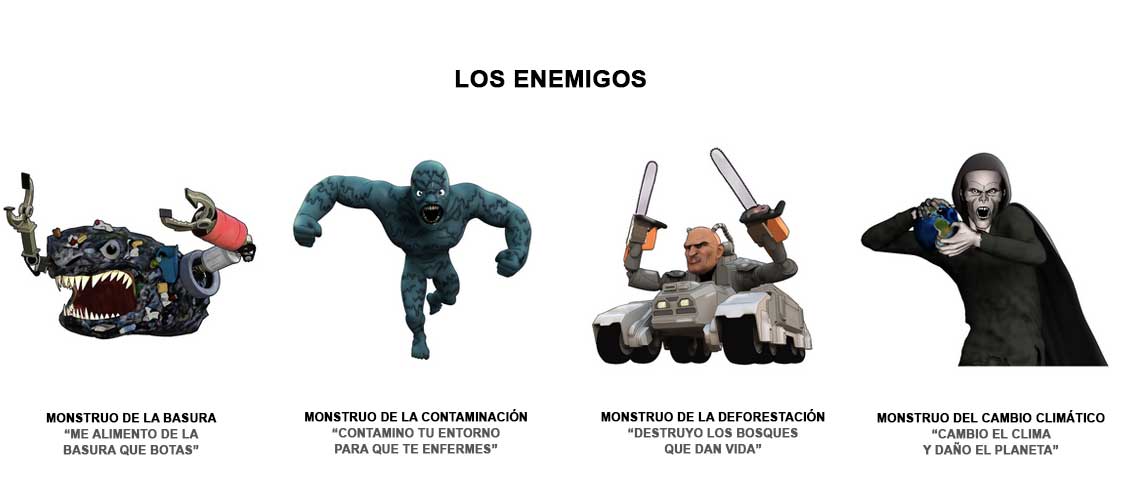
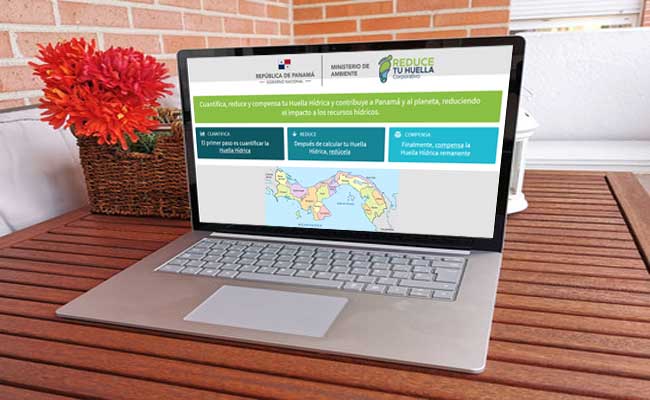
Online Footprint Calculators
View CalculatorsIn order to facilitate the measurement of footprints for a wide range of people, SASA created online calculators. The degree of information required depends on the focus group and they are tailored according to the client’s needs, for example a calculator for cities or governments is more complex than a calculator for schools or individuals. It is also possible to tailor applications to specific sectors, products or processes.

Personal footprint measurement webapps
See WebAppsSASA develops tools for cell phones (WebApps) specialized in the measurement of footprints in children, young people, adults, schools, etc., in order to garner public awareness regarding the efficient use of resources, within the framework of the measurement, reduction and compensation of footprints.



